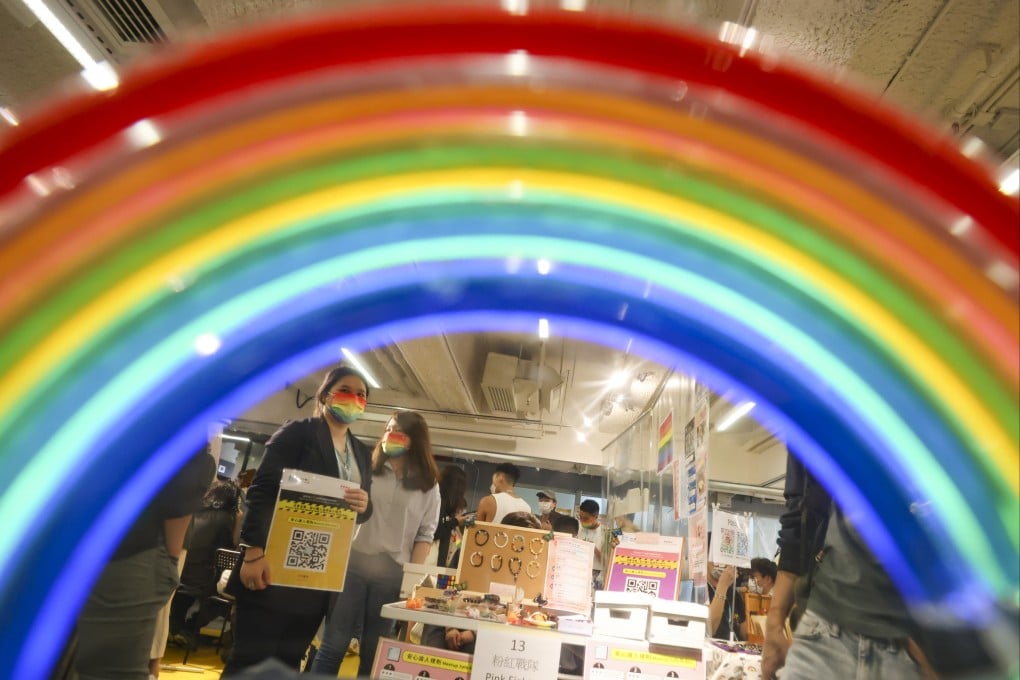Advertisement
Letters | Hong Kong’s ‘new chapter’ should include greater progress on LGBT+ equality
- As society becomes more progressive, the opportunity opens up for a bolder push to enact anti-discrimination laws, ban conversion therapy, and introduce even more inclusive practices at work
Reading Time:2 minutes
Why you can trust SCMP
22

Culture is never static, it is dynamic. Over the years, we have seen steady progress on LGBT+ equality globally.
How does Hong Kong fare against other places around the world? The short answer is we can do a better job when it comes to embracing LGBT+ people.
Notwithstanding the key legal victories and the government’s pronouncement about promoting “equal opportunities on grounds of sexual orientation and gender identity through various publicity and educational measures”, we still have no laws dealing with discrimination, same-sex relationships and gender identity.
Advertisement
Also, conversion therapy – the discredited and dangerous practice of attempting to change an individual’s sexual orientation, gender identity or gender expression – is still legal. Obviously, these shortcomings require immediate attention from policymakers.
First, LGBT+ equality is fundamentally an issue concerning the well-being of sexual minorities. We should not perpetuate a system that effectively shuns sexual minorities who want to live a life true to themselves.
Advertisement
Second, our traditional culture is totally compatible with LGBT+ equality. Homosexuality was not unheard of in ancient China, and the foundational virtue of Confucianism is ren (humanity or benevolence). Instead of fixating on reproduction, sinologist Sam Crane suggested that “what is important is that people perform humanity-creating social responsibilities”.
Advertisement
Select Voice
Select Speed
1.00x